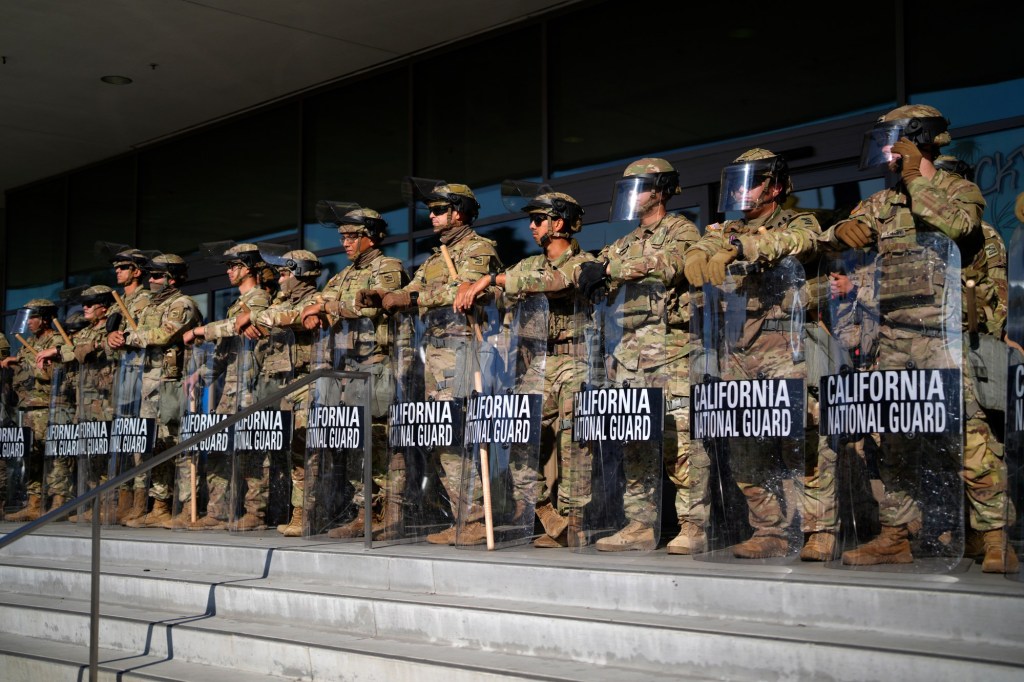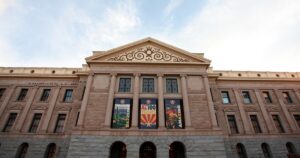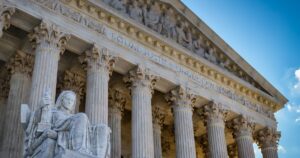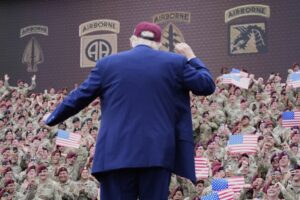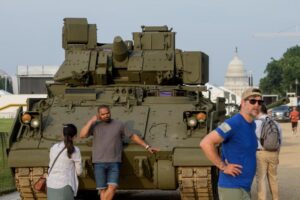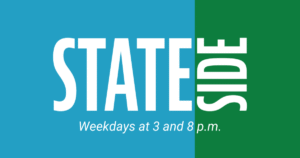In a significant legal development, the 9th U.S. Circuit Court of Appeals has allowed former President Donald Trump to maintain command over National Guard troops he deployed to Los Angeles amidst protests against immigration raids. This decision overturns a previous ruling by a lower court that had deemed Trump’s actions illegal, citing opposition from California Governor Gavin Newsom.
Presidential Authority and Legal Challenges
The appeals court ruling marks the first instance since 1965 where a U.S. president has assumed control of a state’s National Guard without that state’s governor’s consent. The three-judge panel unanimously determined that Trump likely exercised his authority lawfully. While acknowledging that presidential power is not without limits, the court found sufficient evidence that the Trump administration had a defensible reason for the federalization, citing incidents of protester violence.
The court’s opinion pointed to “undisputed facts” where protesters allegedly “pinned down” federal officers and hurled objects like “concrete chunks, bottles of liquid, and other objects” at them, causing damage to federal buildings and a federal van. This, the court noted, underscored a significant federal interest in maintaining order.
Political Reactions
Despite the court’s decision, the ruling acknowledged that even if the federal government had not informed Governor Newsom before taking control of the National Guard, he lacked the authority to veto the president’s order. Trump hailed the decision on his Truth Social platform as a “BIG WIN,” asserting the federal government’s role in ensuring protection when state and local police cannot.
Governor Newsom, however, expressed disappointment, while recognizing that the court did not grant absolute power to the president over the National Guard. He stated, “The President is not a king and is not above the law. We will press forward with our challenge to President Trump’s authoritarian use of U.S. military soldiers against citizens.”
Potential Implications
This legal battle could set a precedent regarding presidential authority to deploy military forces within the U.S. This comes as Trump instructed immigration officials to prioritize deportations in other Democrat-led cities. Trump justified the troop deployment as necessary for restoring order, while Newsom argued it exacerbated tensions and undermined local governance.
The appeals panel included two judges appointed by Trump, who, during oral arguments, suggested broad presidential authority under the relevant federal law, advising judicial restraint.
Legal Proceedings
The legal conflict began when Newsom filed a lawsuit to halt Trump’s command of the National Guard. Initially, he succeeded when U.S. District Judge Charles Breyer, appointed by former President Bill Clinton, ruled that Trump had overstepped his legal authority, which allows federal control only during “rebellion or danger of a rebellion.” Breyer noted, “The protests in Los Angeles fall far short of ‘rebellion.’”
However, the Trump administration quickly obtained a temporary halt from the appeals court, ensuring federal control of the California National Guard as the lawsuit progresses.

Originally Published:

